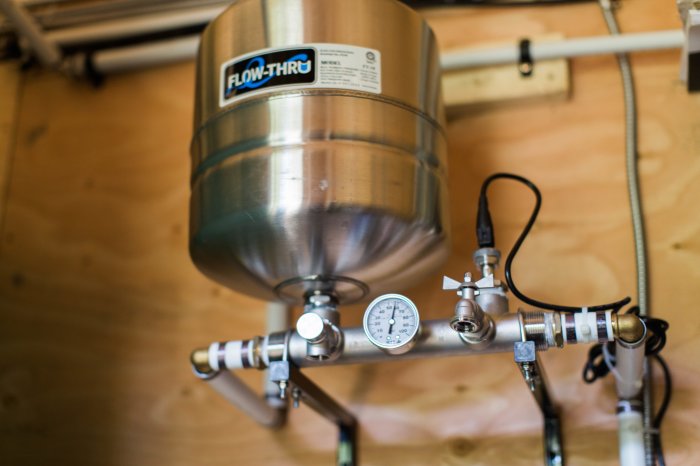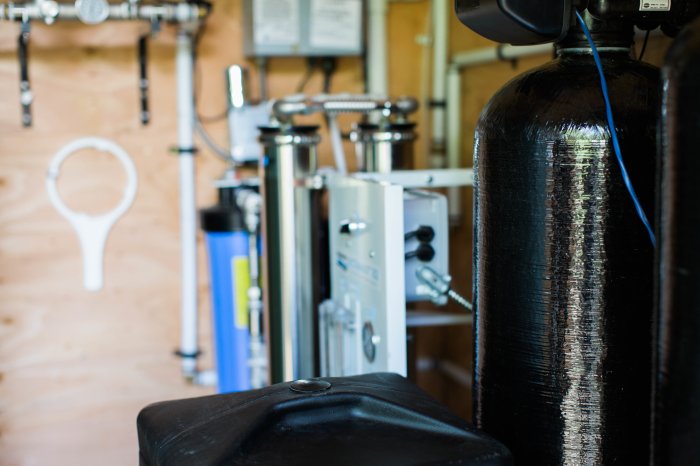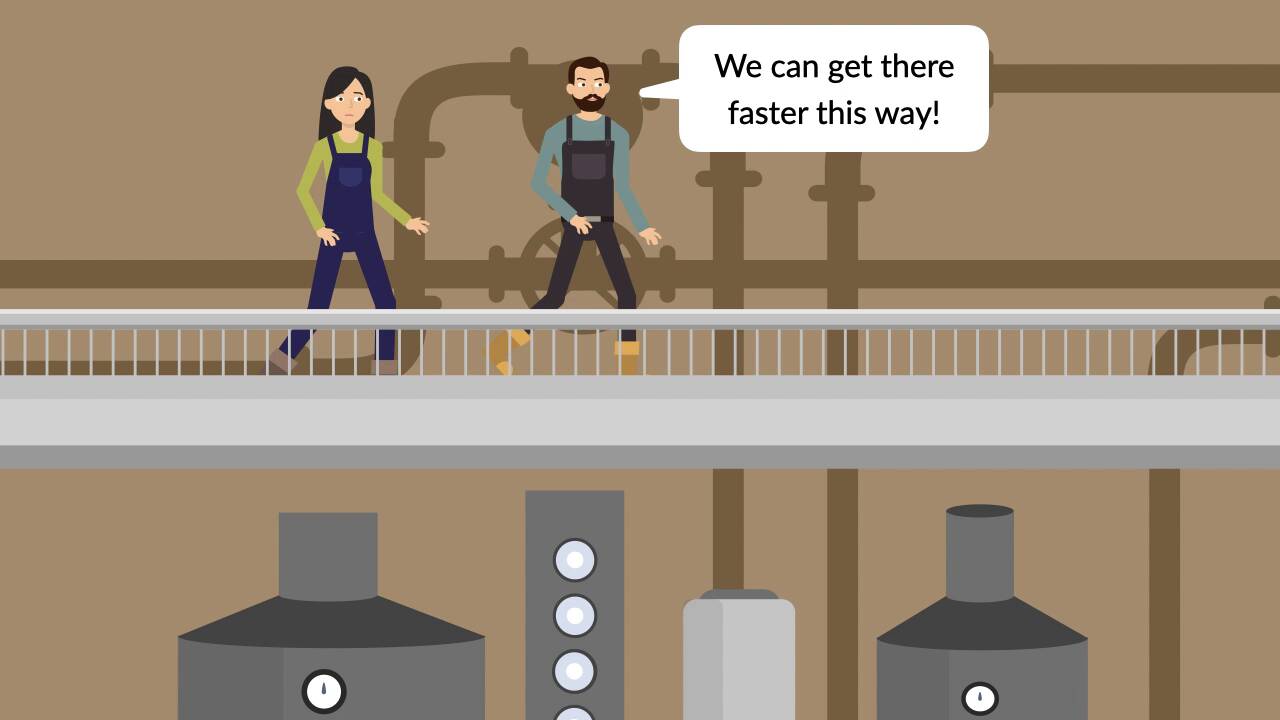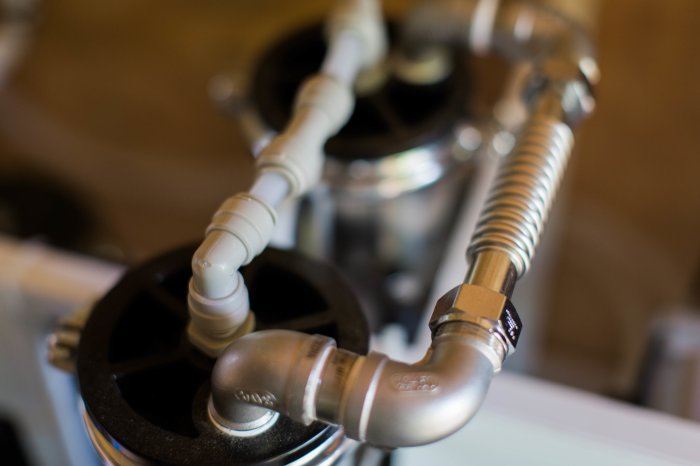Union Pump Co v Allbritton, a pivotal case in American labor law, set a precedent for the protection of employees’ rights to organize and bargain collectively. This case, which reached the Supreme Court in 1990, established important principles that continue to shape labor relations today.
The case stemmed from unfair labor practices alleged against Union Pump Co, a manufacturer of water pumps. The National Labor Relations Board (NLRB) found that the company had violated the National Labor Relations Act (NLRA) by interfering with its employees’ attempts to organize a union.
Case Overview

Union Pump Co v Allbritton, decided by the Supreme Court of the United States in 1997, involved a labor dispute between Union Pump Company and its employees, represented by the International Union of Operating Engineers, Local 564. The legal issue at stake was whether an employer could permanently replace striking employees with permanent replacements.
The case had a significant impact on labor law, as it limited the ability of unions to engage in strikes and other forms of collective action.
Legal Basis
The Supreme Court ruled that employers could permanently replace striking employees under certain conditions. These conditions included:
- The strike must have been economic in nature, rather than unfair labor practices.
- The employer must have made a good faith effort to negotiate with the union.
- The employer must have given the strikers adequate notice of their potential replacement.
National Labor Relations Act (NLRA)

The National Labor Relations Act (NLRA) is a federal law that protects the rights of employees to organize and bargain collectively with their employers. The NLRA was enacted in 1935 in response to the widespread labor unrest of the 1930s.
The NLRA has been amended several times over the years, but its core provisions remain intact.
Provisions of the NLRA
The NLRA contains a number of provisions that are relevant to the Union Pump Co v Allbritton case. These provisions include:
- The right of employees to organize and bargain collectively with their employers.
- The right of employees to strike and picket.
- The duty of employers to bargain in good faith with their employees.
- The prohibition against employers engaging in unfair labor practices.
Protection of Employee Rights
The NLRA protects the rights of employees to organize and bargain collectively with their employers. This right is essential to the ability of employees to improve their wages, benefits, and working conditions. The NLRA also protects the right of employees to strike and picket.
These rights are important tools that employees can use to pressure their employers to bargain in good faith.
Unfair Labor Practices

The Union Pump Co v Allbritton case involved several allegations of unfair labor practices by the company. These practices violated the National Labor Relations Act (NLRA), which protects the rights of employees to organize and bargain collectively.
The specific unfair labor practices alleged in the case included:
- Interfering with employees’ rights to organize and bargain collectively
- Discriminating against employees for engaging in union activities
- Refusing to bargain in good faith with the union
Interfering with Employees’ Rights to Organize and Bargain Collectively
The company was accused of interfering with employees’ rights to organize and bargain collectively by:
- Threatening to close the plant if the union organized
- Interrogating employees about their union activities
- Spying on union meetings
Discriminating Against Employees for Engaging in Union Activities
The company was also accused of discriminating against employees for engaging in union activities by:
- Discharging employees who were union organizers
- Denying promotions to employees who were union members
- Transferring employees to less desirable jobs because of their union activities
Refusing to Bargain in Good Faith with the Union
The company was also accused of refusing to bargain in good faith with the union by:
- Failing to provide the union with information necessary for bargaining
- Delaying bargaining sessions
- Making unilateral changes to working conditions without consulting the union
Remedies for Unfair Labor Practices

In Union Pump Co v Allbritton, the National Labor Relations Board (NLRB) ordered a series of remedies to restore the status quo and prevent future violations of the NLRA. These remedies included:
Reinstatement and Back Pay
The NLRB ordered the reinstatement of the fired employees with back pay for the wages they lost during the period of their termination. This remedy aims to restore the employees to their original positions and compensate them for the financial losses they suffered due to the unfair labor practices.
Cease and Desist Order, Union pump co v allbritton
The NLRB issued a cease and desist order, prohibiting the employer from engaging in any further unfair labor practices. This order aims to prevent the employer from continuing or repeating the illegal actions that led to the unfair labor practices.
Union Pump Co. v. Allbritton illustrates the legal complexities of employment discrimination. For a deeper understanding of the intricacies of human nature that underpin such cases, consider the origin of species MBTI . This concept explores the diverse cognitive preferences that shape our personalities and behaviors, shedding light on the dynamics that may underlie workplace conflicts such as those exemplified in Union Pump Co.
v. Allbritton.
Posting of Notice
The NLRB required the employer to post a notice in the workplace, informing employees of their rights under the NLRA and the employer’s obligation to comply with the law. This notice aims to educate employees about their rights and to deter the employer from future violations.
Bargaining Order
The NLRB ordered the employer to bargain in good faith with the union, which represented the employees. This remedy aims to restore the collective bargaining process and ensure that the employees have a voice in determining their working conditions.These remedies are designed to address the specific unfair labor practices committed by the employer and to prevent future violations.
They aim to restore the balance of power between the employer and employees and to protect the rights of employees to organize and bargain collectively.
Impact of the Case: Union Pump Co V Allbritton

The Union Pump Co v Allbritton case had a significant impact on labor law and union organizing. The Supreme Court’s decision in this case shaped the interpretation of the National Labor Relations Act (NLRA) and the rights of employees.
One of the most significant impacts of the case was the Court’s holding that employers cannot fire employees for engaging in union activities. This decision strengthened the rights of employees to organize and bargain collectively.
Impact on the NLRA
The Court’s decision in Union Pump Co v Allbritton also had a significant impact on the interpretation of the NLRA. The Court’s holding that employers cannot fire employees for engaging in union activities clarified the scope of the NLRA’s protection for union activities.
This decision helped to ensure that employees have the right to organize and bargain collectively without fear of retaliation from their employers.
Essential Questionnaire
What was the significance of the Union Pump Co v Allbritton case?
The case established important principles for protecting employees’ rights to organize and bargain collectively under the National Labor Relations Act.
What unfair labor practices were alleged in the case?
The company was accused of interfering with its employees’ attempts to organize a union, including firing employees who supported the union and threatening to close the plant if the union was successful.
What remedies were ordered by the NLRB in the case?
The NLRB ordered the company to reinstate the fired employees with back pay, cease and desist from interfering with its employees’ union activities, and post notices informing employees of their rights under the NLRA.